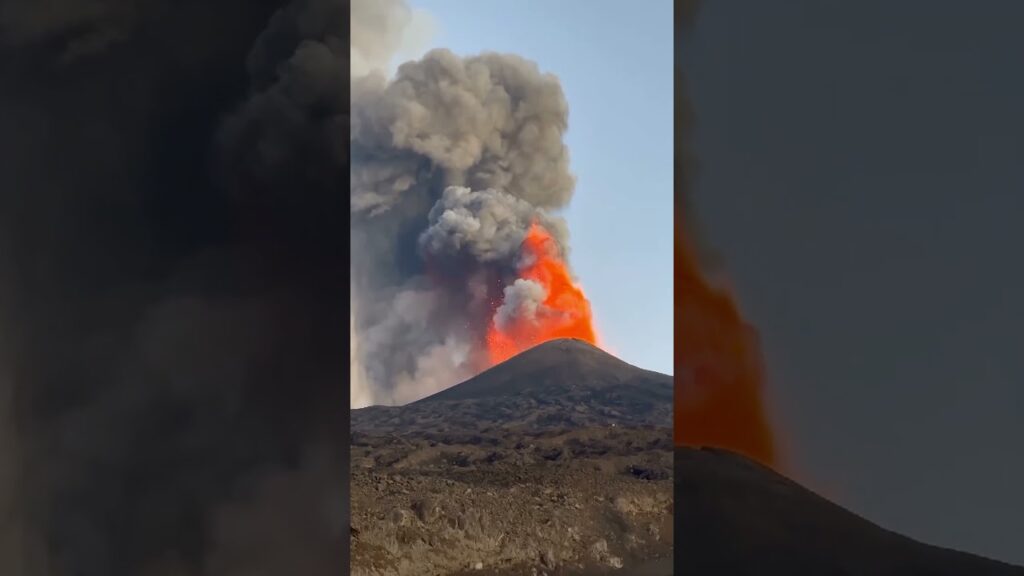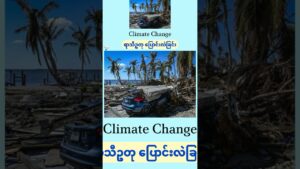
When a volcano erupts, it unleashes the raw force of the Earth—molten lava, ash clouds, and toxic gases shoot skyward, reshaping landscapes in moments. Towering plumes of ash can blot out the sun, cooling regions temporarily by reflecting sunlight away from Earth. Yet paradoxically, volcanic eruptions also release massive amounts of carbon dioxide (CO₂), a greenhouse gas that contributes to global warming over time.
While short-term cooling can follow major eruptions, the long-term addition of greenhouse gases to the atmosphere plays into the complex web of climate change. As global warming intensifies, it may even influence volcanic activity by altering ice caps and pressure on Earth’s crust. In this delicate balance between fire and air, the story of our planet’s changing climate continues to unfold, unpredictable, powerful, and deeply interconnected.
source



